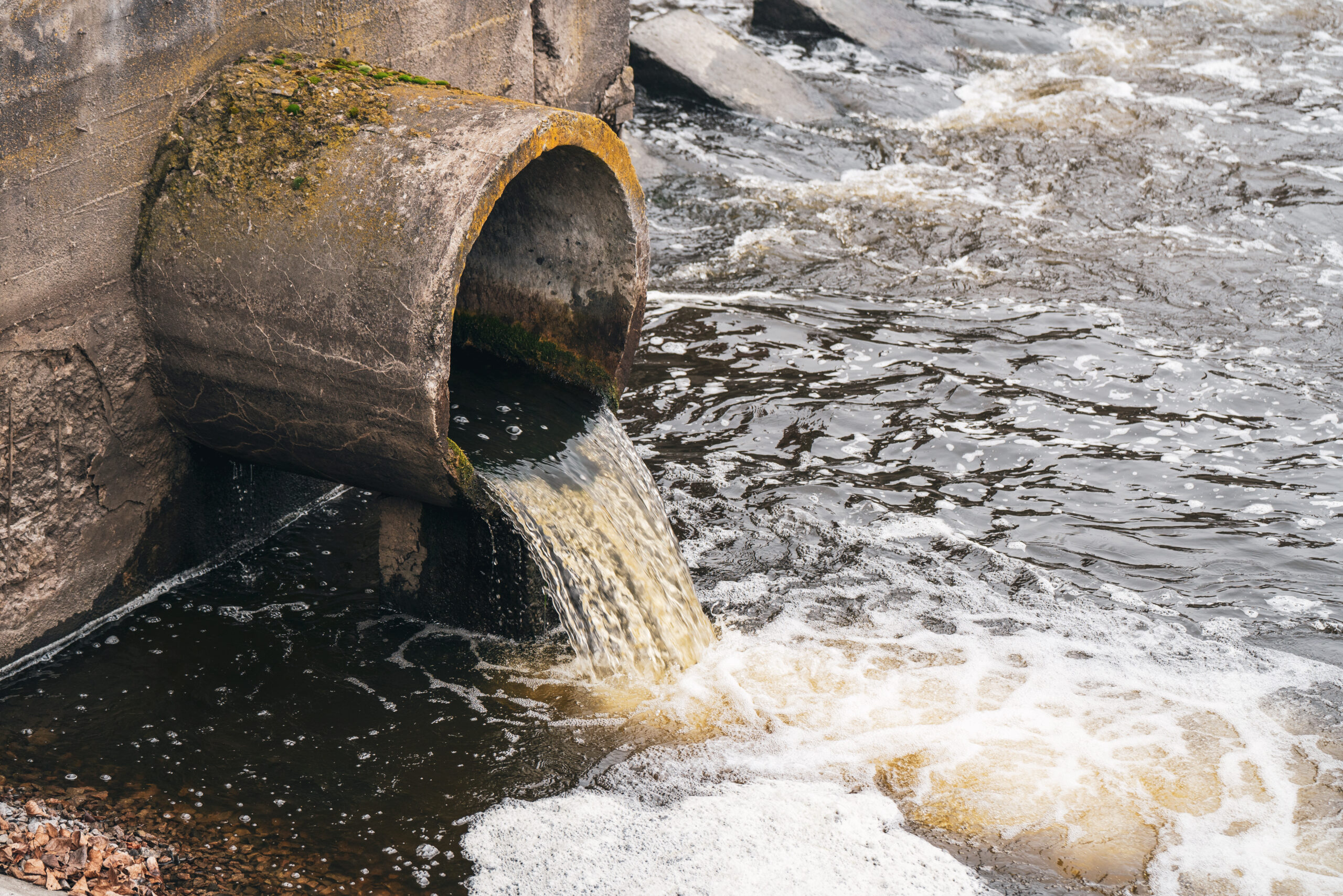Criminal offences expanded in the new EU Directive on Environmental Protection
To address the escalating threat of environmental crimes, the European Union enacted Directive (EU) 2024/1203 in March 2024, replacing previous 2008 / 2009 Directives.
This legislation aims to combat the severe consequences of environmental crimes, which are often unable to be effectively addressed by the justice systems of individual Member States. The Directive aims to tackle profit-driven activities that harm the environment across the EU, by addressing the most serious breaches of environmental obligations. EU Member States are obliged to ensure these breaches constitute criminal offences in their national law.
New Legislation
Key elements of the new legislation include:
- Defining what is an ecosystem
- Listing new environmental offences
- Identifying special qualified offences
- Establishing aggravating and mitigating circumstances
- Providing tailor-made penalties (including accessory penalties applicable to legal entities, such as withdrawal of permits, disqualifications and exclusion from access to public funding)
- Introducing a prescription period to optimise the prosecution of environmental crimes.
A major aspect of the legislation is the identification of a set of 18 environmental crimes. Notable offences under Article 3 include:
- Discharging, emitting, or introducing substances into the air, soil, or water
- Placing banned or restricted chemicals on the market
- Undertaking projects without the required environmental authorisation
- Mismanaging large quantities of hazardous or potentially harmful waste
- Illegal timber trafficking
- Discharging pollutants into the sea unlawfully
- Unauthorised extraction of surface water or groundwater
- Poaching and trading protected wildlife and plant species
- Damaging protected site habitats.

Member States have the ability to add specific offences beyond those listed in the Directive. Most offences, excluding those related to environmental permits, are punishable even if committed due to gross negligence. Article 4 allows for the punishment of attempts, instigation, aiding, and abetting of these crimes.
Article 7 of the Directive outlines penalties including criminal or non-criminal fines. Depending on the offence committed, Member States will be required to take necessary measures to ensure that the maximum level of such fines is not less than:
- 3% to 5% of the total worldwide turnover; or
- an amount corresponding to €24 million to €40 million.
By defining ecosystems, listing new offences, and setting stringent penalties, the Directive fills legislative gaps, ensuring a stronger EU-wide response to environmental harm. Member States now have clear guidelines to implement stringent measures, ensuring accountability for both individuals and legal entities through severe penalties and ancillary sanctions. Member States must ensure national law incorporates the Directive by 21 May 2026.
This legislation underscores the importance for companies to comply with environmental laws and take necessary actions to mitigate environmental harm.
With regard to the Directive, RPA has long experience of working with hazardous chemicals and can provide input to support companies assessing their emissions, discharge, or ensuring companies are complying with applicable and appropriate conditions for restricted or authorised substances.
At RPA, we offer regulatory compliance services to help companies understand their obligations. For more information, please email us at chemicals@rpaltd.co.uk
